
Stellantis has confirmed it will no longer pursue its target of selling only electric vehicles (EVs) in Europe by 2030. Formed in 2021 from the merger of Fiat Chrysler Automobiles and France’s PSA Group, Stellantis is one of the world’s largest automotive conglomerates.
Speaking at the 2025 Munich motor show, Jean-Philippe Imparato, Chief Operating Officer for Europe, said the company was revising its strategy and acknowledged that the European Union’s 2035 carbon emissions goals were “no longer achievable for any carmaker.”
What was the original plan?
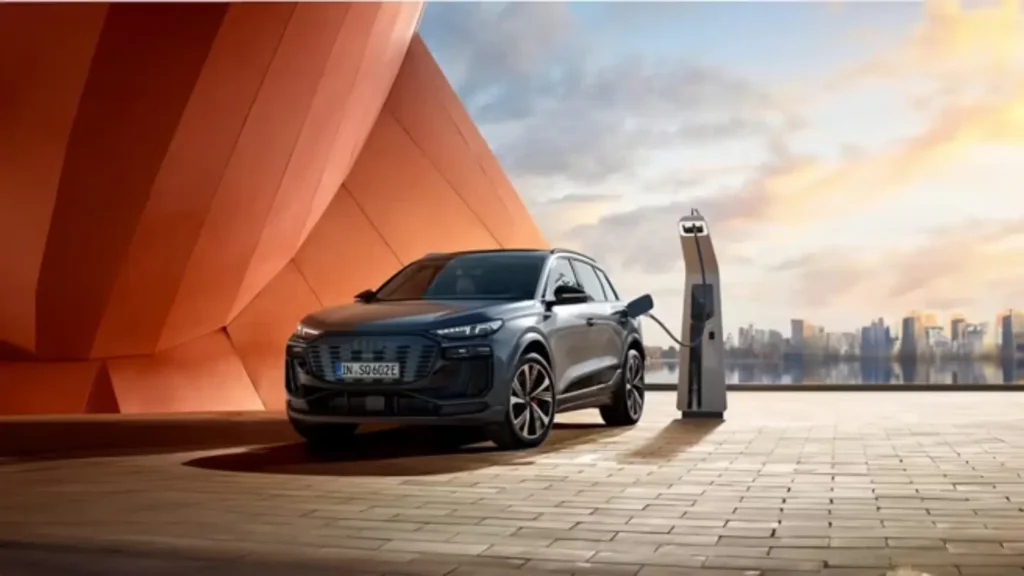
In 2022, under former CEO Carlos Tavares, Stellantis had announced its ambitious targets:
- Europe: Eliminate petrol and diesel engines by 2030.
- North America: Achieve 50% of sales from EVs by the same year.
That pledge has now been dropped, with other goals under its ‘Dare Forward’ strategic plan still under review.
Industry-wide trend
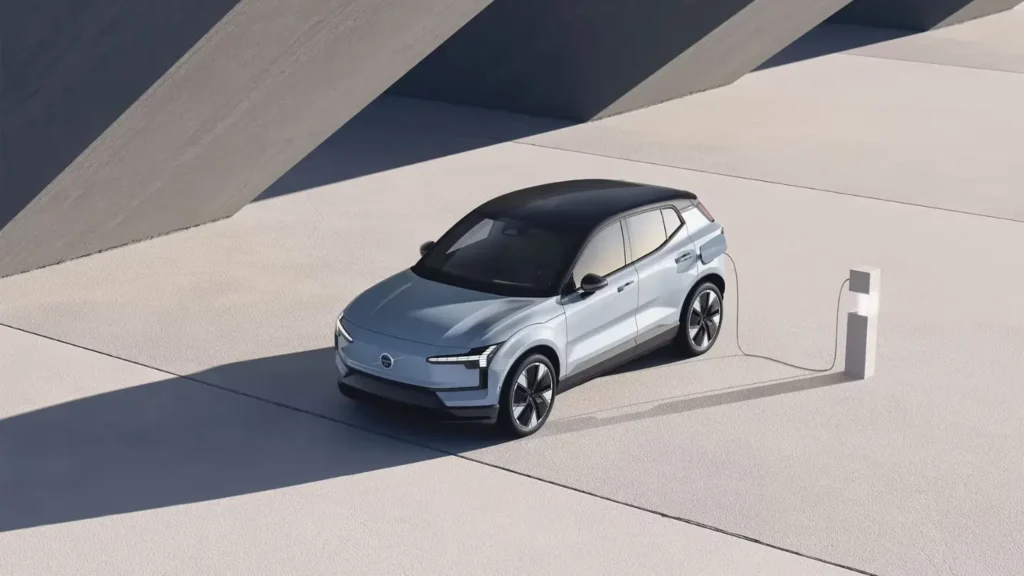
Stellantis joins a growing list of automakers retreating from all-electric deadlines:
- Volvo: Abandoned its 2030 EV-only pledge in 2024, having previously committed to a fully electric lineup in Australia by 2026.
- Mercedes-Benz: Dialed back its plan to sell EVs only by 2030, “where market conditions allow,” confirming combustion and hybrid models will remain in its lineup beyond the decade.
- General Motors (GM): Eased away from its 2035 zero-emission goal for light-duty vehicles, now saying the pace of transition will depend on demand, with hybrids and ICE models staying longer.
- Honda: Dropped its goal for EVs to make up 30% of sales by 2030, shifting investment toward hybrids amid slowing demand.
- Porsche: Scrapped plans to build EV batteries in-house, scaling back its Cellforce unit to R&D only and committing to ICE, hybrids, and EVs well into the 2030s.
- Audi: Rolled back its 2033 deadline to end combustion engines, now allowing ICE and hybrid sales beyond that date in certain markets.
- BMW: Softened its pledge for 50% of sales to be EVs by 2030, reaffirming a long-term multi-powertrain strategy including ICE and hybrids.
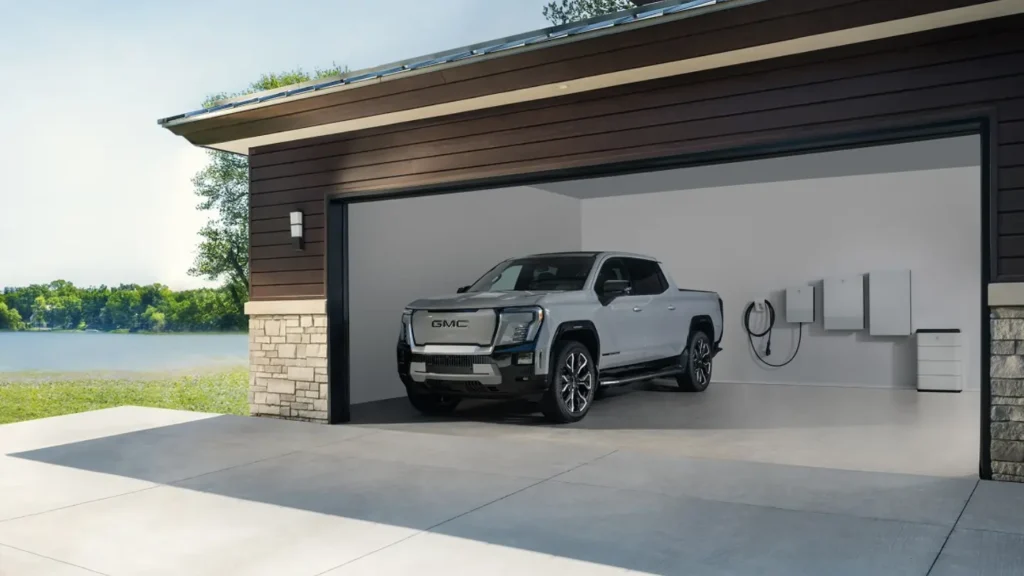
Several Stellantis-owned marques have already rolled back their electrification plans like Dodge and Alfa Romeo among others. Meanwhile, Ram announced it will revive the Hemi V8 for the Ram 1500 after customer backlash and delayed its first electric pickup, the 1500 REV.
“Everyone makes mistakes, but how you handle them defines you.” Ram CEO Tim Kuniskis acknowledged missteps when dropping the Hemi, stating: “We own it and we fixed it.”
The bigger picture
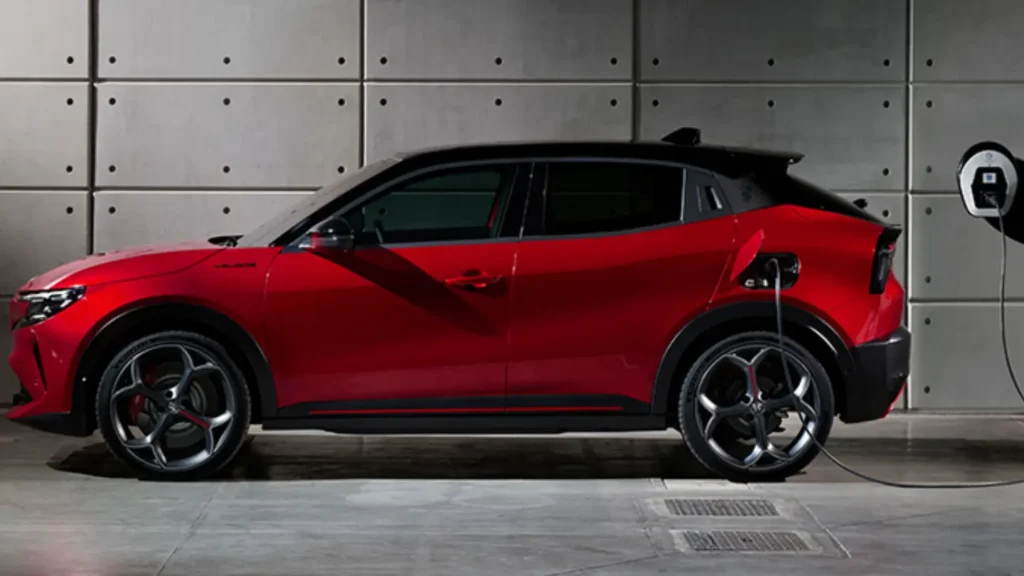
Stellantis’ shift highlights the challenges facing the industry: balancing regulatory pressures with consumer demand, managing EV production costs, and keeping combustion-powered options alive in key global markets.
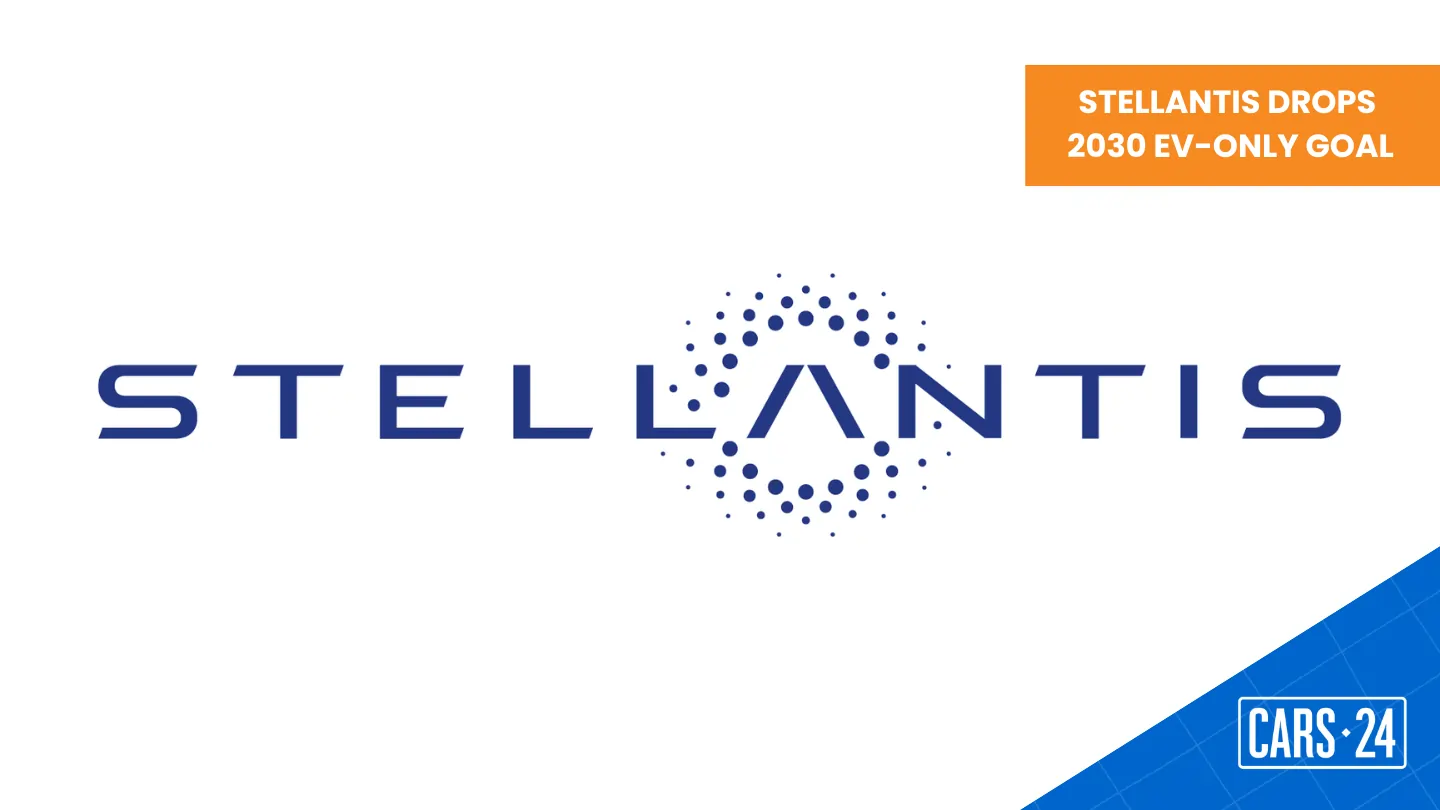
Comments
New Comment